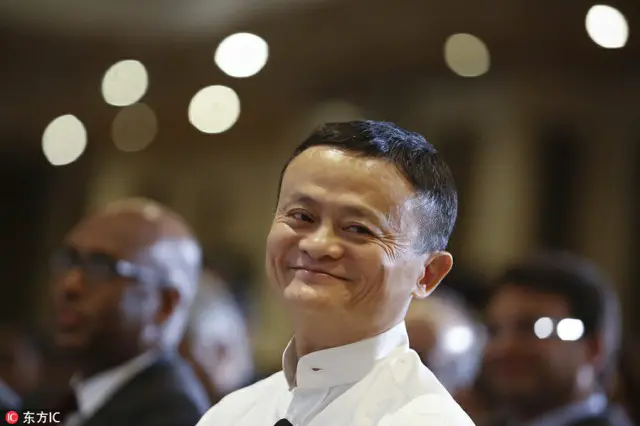Italy's Constitutional Court, one of the country's highest courts, on Wednesday ruled as "unconstitutional" the current voting law which was widely seen as making election results uncertain.
The court ruled against two flaws of the law including a large majority awarded to the top party in the lower house and the so-called "blocked" lists, which prevents voters from expressing their preferences for a candidate.
The law was reviewed based on petitions signed by 27 prominent citizens, local media said.
The legitimacy of the law, nicknamed "Porcellum" (Latin word for "piglet") because it produced instability, had often been questioned by analysts and led to inconclusive national election results in February.
The "Piglet" assigns a majority premium of 340 seats, or 55 percent of total, to the relative majority party or coalition in the lower house, with no minimum threshold to obtain the bonus, as well as a majority premium on a regional basis in the Senate.
The "blocked" lists add to instability as they are believed to allow political parties, rather than local voters, effectively decide who becomes a lawmaker by setting the order in which candidates feature on the electoral lists.
The "Piglet" was introduced in 2005 to replace a previous law that allowed a mixed electoral system for the election of the two houses. The main author of this reform was the then center-right Minister for Reforms Roberto Calderoli, who himself defined his law a "crap" in a later television interview.
Wednesday's ruling is set to become effective when it will be formally released with its related motivations, which is expected to happen in a few weeks, according to ANSA news agency.
The court clarified, however, that parliament could frame a replacement to the law. "It is understood that the parliament can always approve new electoral laws, according to its own political choices, in accordance with the constitutional principles," it said in a statement released shortly after the ruling.
The decision added pressure on the fragile left-right coalition led by Prime Minister Enrico Letta to eliminate or change the voting law.
"This law has been much criticized for years, but we had to wait for the Constitutional Court to intervene finally," Valerio Onida, a former president of the Constitutional Court, told Rai state television.
 简体中文
简体中文



